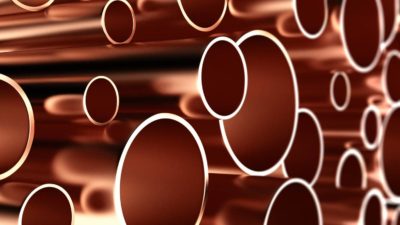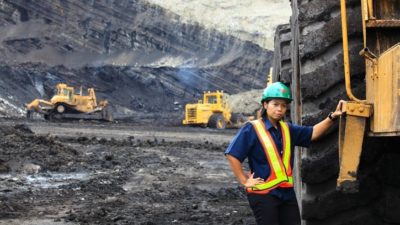The BHP Group Ltd (ASX: BHP) share price is trending downwards. That's despite the company providing an update to the market on its potash mine in Western Canada.
At the time of writing, shares in the mining giant are trading for $40.43 – down 3.12%. For context, the S&P/ASX 200 Index (ASX: XJO) is 0.46% lower.
While it should be noted that today's announcement isn't market sensitive, it could still very well be playing into the thinking of some investors.
Let's take a closer look.
What is potash?
According to BHP, potash is a "vital link" in the global food supply chain. It is a potassium-rich compound used mainly as fertiliser in agricultural production. As well, potash can be used for glass manufacturing, oil and gas drilling, aluminium recycling, water softening, fireworks, and other uses.
Today's announcement relates to the company's Jansen mine, which is located 140km east of Saskatoon – the largest city in the Canadian province of Saskatchewan. BHP owns 100% of the mine that is expected to produce 4.5 mega tonnes per year of the product.
The BHP share price is falling despite latest presentation
In a release to the ASX, BHP says Jansen "fits our strategy" and describes the project as "modern, long-life" and "expandable". The company says potash is an "attractive" future facing commodity with exposure to global megatrends and has "attractive fundamentals."
BHP says there are 3 benefits to its portfolio from investing in potash. They are:
- Greater immunity from economic cycles and growing demand as customers look for more environmentally friendly materials.
- A globally diverse customer base that differs from BHP's existing commodity exposures.
- An increased operating footprint, as potash is primarily found in areas BHP does not have a strong presence in, such as Canada. In fact, BHP describes Canada as a "leading, stable mining jurisdiction".
Despite these promised benefits, the BHP share price is falling.
Outlook
BHP also outlined what it expects from the Jansen project – both financially and in a broader sense.
Operationally speaking, the mining giant expects an EBITDA margin from the site of about 70%. It expects the mine to be paid back in 7 years' time once operations begin and it is estimating operating costs to be at US $100 per tonne. It also expects carbon emissions to be low compared to other fertiliser projects. For example, 80% of underground mining and other support vehicles will be battery operated with hopes to have 100% of vehicles be electric.
The mine should begin operations at the beginning of 2027, according to today's presentation at least. Let's see what it means for BHP, and the BHP share price, when we reach that time.
BHP share price snapshot
Over the past 12 months, the BHP share price has increased 7.84%. Year-to-date, however, it is down 6.11%.
Its 52-week high is $54.55 per share and its 52-week low is $33.73 per share.
BHP Group has a market capitalisation of about $205 billion.








